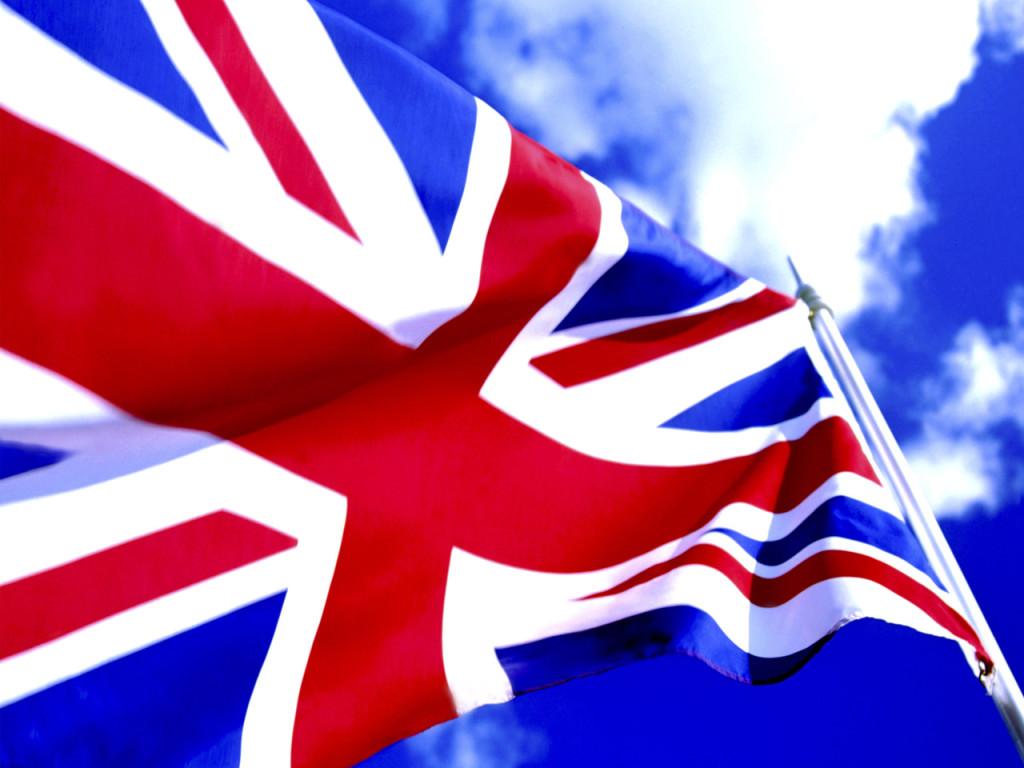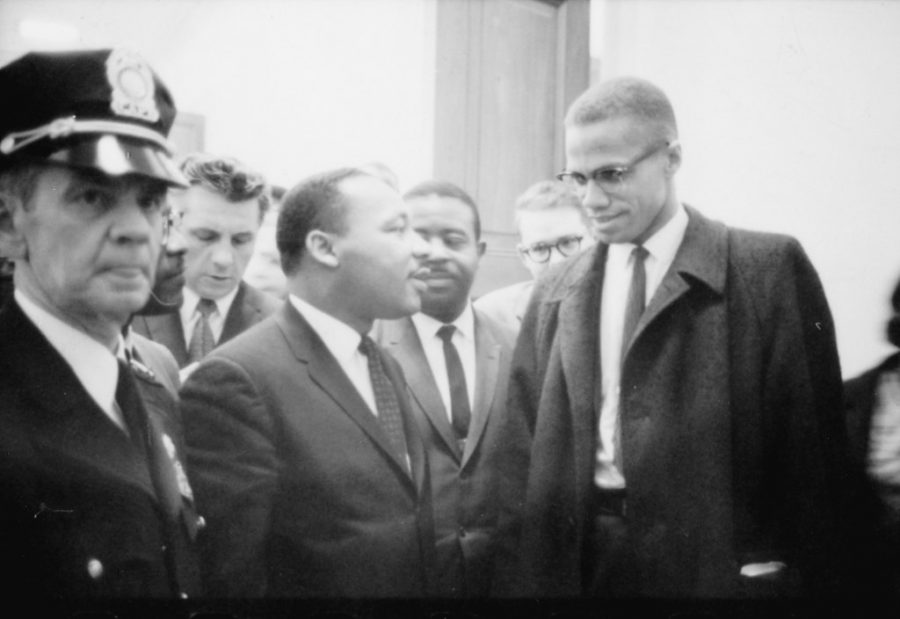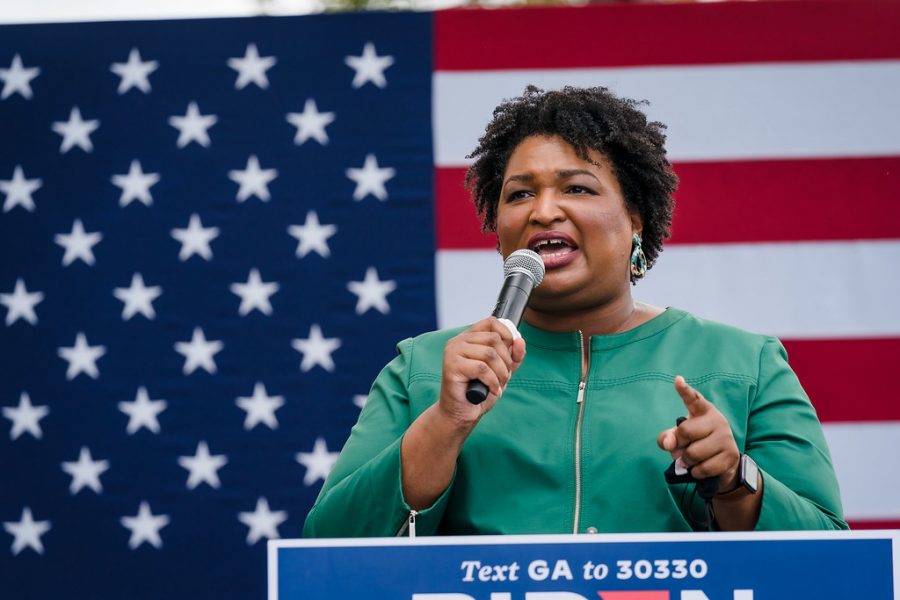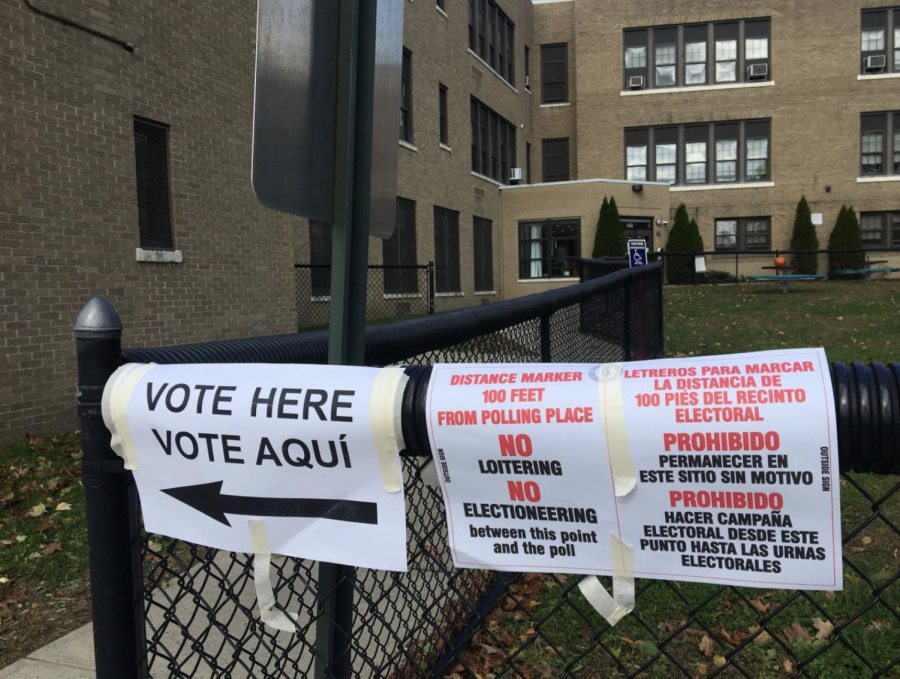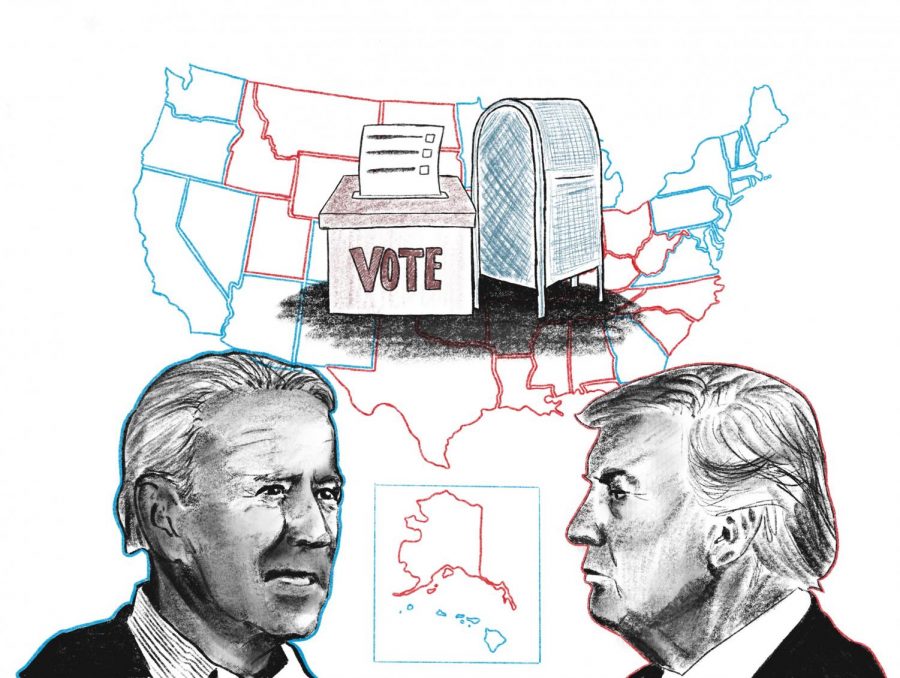The “Iron Lady” of Britain, Margaret Thatcher, was given a ceremonial funeral on April 17. The controversial prime minister who led her country through dire economic straits, a brewing domestic war, and mitigated tense relations between the United States and the Soviet Union in the final years of the Cold War, died at 87 on April 8 due to a stroke at the Ritz Hotel in London. Her spokesman, Tim Bell, stated that she suffered from long-term health issues, including dementia.
As Britain’s first female prime minister, Thatcher was the first woman to lead a major Western power. Both as a result of her gender and her own hardheaded politics, Thatcher was a controversial figure, facing multiple party revolts during her leadership. Nonetheless, she led Britain for 11 years—longer than any other British politician in the 20th century. By the time her tenure as prime minister was up, she had garnered respect among many—including her own critics. Named the Baroness Thatcher of Kesteven, Thatcher was praised for the conservative politics that returned to glory a country that had been in decline since the end of World War II.
By the time she left office, Thatcher was praised for a doctrine that remedied domestic and international issues. Aptly named Thatcherism, her politics emphasized the interdependence of economic freedom and individual liberty. Accordingly, Thatcher stressed personal responsibility combined with national unity that was necessary for free-market democracies to stand firmly against aggression. Success was not always quick to find Thatcher, especially in her earlier years. But her devotion to Thatcherism helped steer Britain back on course. As Thatcher once stated, “I am not a consensus politician…I am a conviction politician.”
In Britain, Thatcher revived the importance of the free market, breaking the power of labor unions, and quashing the Labour Party’s commitment to nationalized industry. At first, Thatcher’s attempts to deregulate the economy were observed cautiously, even by her own advisors. Seventeen months into her first term, the economy Thatcher oversaw was tense. Jobs were at a low not seen since the Great Depression, pushing racial and class tensions to a high. According to some of her advisors, efforts to stanch inflation, sell of nationalized industry and deregulate the economy was devastating the poor and undermining the middle class. Unwilling to compromise, Thatcher faced her first of two party revolts as a result, thwarting this first one and continuing to press on with her praised and cursed agenda—her ultimate downfall in 1990.
Thatcher was dubbed the “Iron Lady” due to her inability to compromise. Indeed, Thatcher faced much public and government scrutiny for her unwillingness to further integrate Britain with Europe—an effort to preserve independence that culminated with her shouting “No! No! No!” in the British House of Commons. On the topic of the Soviet Union, Thatcher was ever hostile, and was firmly committed to upgrading Britain’s nuclear arsenal—a constant source of worry for her fellow politicians. Still, she bent where necessary. She was among the first to realize the power Mikhail Gorbachev would hold, inviting him to Britain three months before he came to power. Thatcher was not only able to perceive Gorbachev’s importance, but she bent to work with him, using her friendship with President Reagan to create a link between the Kremlin and the White House that slowed the frightening arms race of the 1980s.
Despite Thatcher’s successes and praise, her “iron” character was her ultimate downfall in office. Through her tenure as prime minister, she was a controversial figure to both her adversaries and fellow Tories. Although Thatcher was returned for a third term after an election in 1987, unpopular politics combined with a stock market crash in the late 1980s brought tensions among the Tories to a new high. A near coup ousted Thatcher from party leadership, and she left 10 Downing on November 28, 1990.
Thatcher may have faced a disappointing end to her political career, but her legacy reflects political success. In 1997, Tony Blair rose to power from her opposing Labour Party, but on a platform not that different from her own. Blair’s “New Labour” emphasized liberating business from government restrictions, reducing taxes that discouraged investment, and reducing individual dependence on the state. Only years before, Thatcher had said that: “My task will not be completed until the Labour Party has become like the Conservative Party, a party of capitalism.” Thatcher not only achieved her goal…she laid a mark on Britain forever.



